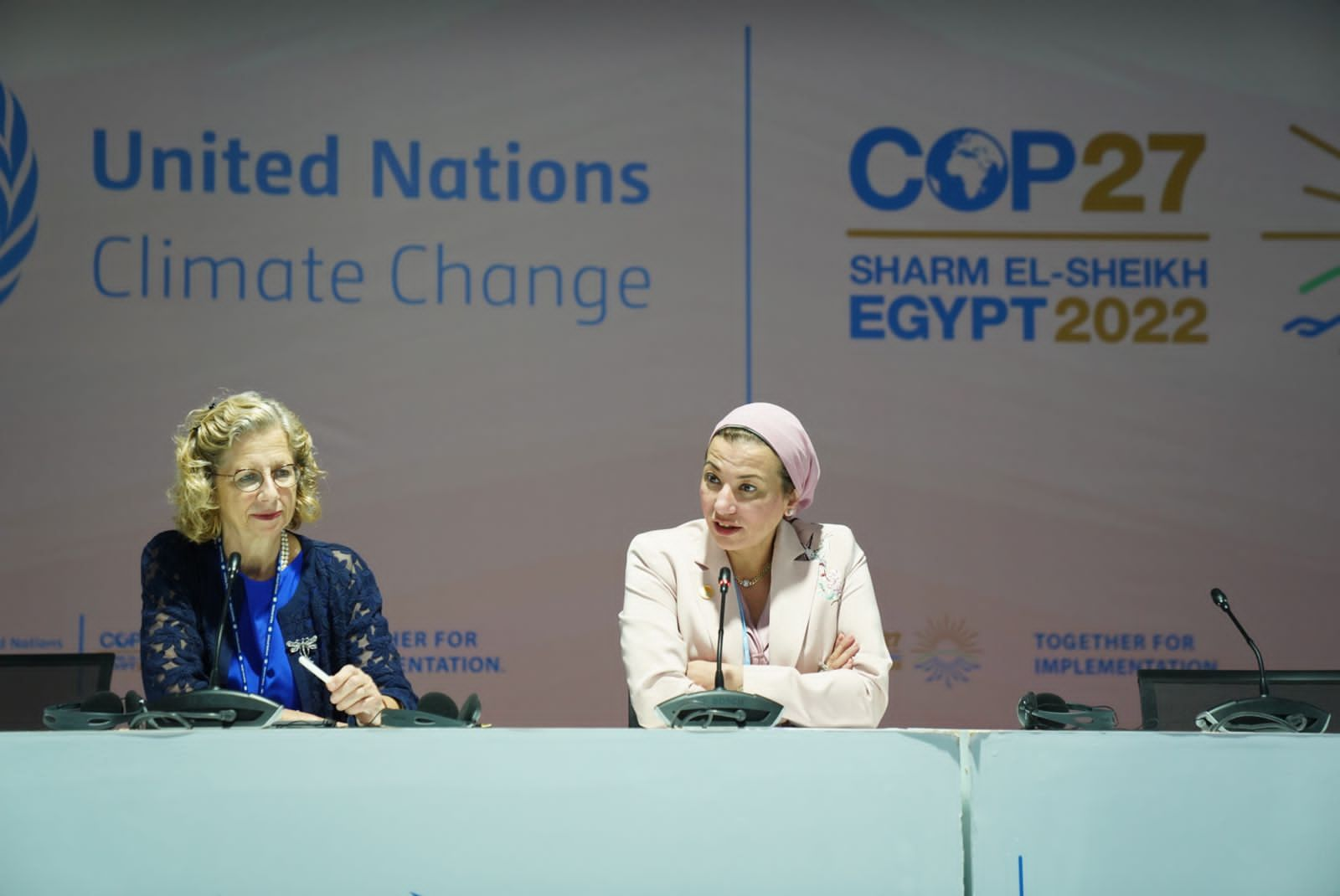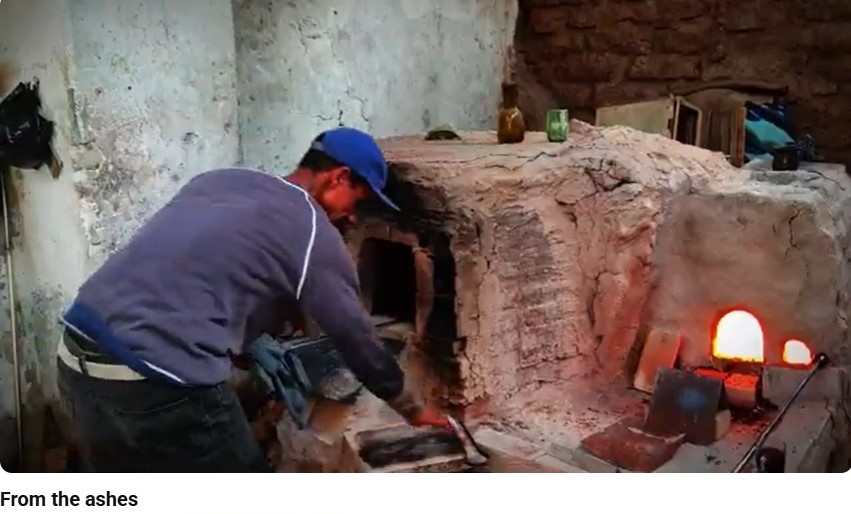11 November Decarbonization Day
 close
close
![]()


Since the adoption of the Paris Agreement and all the way to Glasgow in 2021, several energy intensive sectors and companies have come forward with plans and policies and actions aiming to reduce their carbon footprints and to gradually move towards decarbonization.
Technologies are emerging as potential solutions to reduce carbon in the atmosphere. The day would provide an opportunity to discuss such approaches and policies, and to showcase technologies with an aim to encourage and facilitate the much-needed transition and paradigm shift towards a low carbon economy.
Elements of the Day:
.
1- The Decarbonization Challenge
Decarbonizing high emitting sectors is critical to mitigate global warming. Oil & Gas, Steel and Cement are three of the most carbon-intensive industries, their direct emissions representing more than 1/4 of global CO2 emissions. This session will introduce the scope & objectives of Decarbonization Day: sharing progress and inspiring further action to decarbonize hard-to-abate sectors, and identifying new technologies to that end with a sectoral focus on Oil & Gas, Steel and Cement.
2- Accelerating the way towards Decarbonizing the Steel Industry
Steel is among the most carbon-intensive and hardest-to-abate industries. It is also essential to the development and improvement of living standards in the developing world. This session will highlight and encourage increased support for the global initiatives that are spearheading efforts to decarbonize steel.
3- From Commitments to Action: The Oil & Gas Industry’s Decarbonization Journey
The Oil & Gas industry’s operational emissions account for more than 10% of global CO2 emissions. While supporting the transition to lower-carbon alternatives, it is critical for Oil & Gas companies to also decarbonize their operations rapidly: reducing methane leaks, venting and flaring; improving energy efficiency; using renewable power and CCUS. This session will highlight best industry practices including new technologies and discuss policy enablers to encourage the industry’s decarbonization.
.
4- Towards a Decarbonized Fertilizers Industry Towards a Decarbonized Fertilizers Industry
Fertilizers have played a key role in feeding the growing world population, yet their carbon-intensive production and the release of nitrous oxide during their use makes them one of the largest climate change contributors in the Chemicals industry. This session will discuss pathways to develop green fertilizers to sustain low-carbon, affordable and secure agriculture, esp. in the developing world.
5- Advancing the Global Methane Pledge
122 countries have now joined the Global Methane Pledge, aiming to reduce methane emissions at least 30% by 2030. The Oil & Gas industry emits nearly one third of global anthropogenic methane emissions. This session will focus on accelerating action on the ground to end methane venting and cut methane leaks in Oil & Gas operations, and outline the means of support including technology transfer, capacity building and finance.
6- Advancing Efforts in Decarbonizing Cement
Cement is produced in virtually all countries as a key component of concrete, and is responsible for 7% of global CO2 through a hard-to-abate and energy-intensive calcination process. This session will bring together cement producers at the forefront of decarbonization efforts to showcase success stories, call for policy support and inspire further acceleration.
7- Forging Ahead: Supporting Low-Carbon Development Pathways for Africa and the Developing World
Improving infrastructure in the developing world (for energy access, health & sanitation, housing, transportation, etc.) will require many resources that have traditionally been highly carbon-intensive (hydrocarbons, steel, concrete, etc.). This session will discuss the challenges for Africa and the Global South to access these resources at an affordable cost while driving their decarbonization as part of potential sustainable development pathways for the continent.
.
Reference www.cop27.eg







20-12-2025 literature & arts

20-12-2025 literature & arts


20-12-2025 health

20-12-2025 Women& men

23-06-2023 Sports 4065
...
tips from the head of dmc channels group- mr.hesham soliman02-08-2023
video 3339...
Exclusive Interview with the Prominent Host (Eman Ezz Eldin) for EMccu today27-10-2022
video 1132...
Culture of Photos Event Guests` Interviews (Pt.2)01-04-2023
video 1080...
Culture of Photos Event Guests` Interviews (Pt. 1)01-04-2023
video 961...

27-10-2022
video 3749